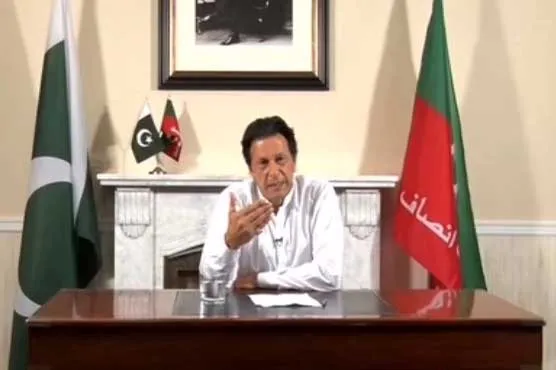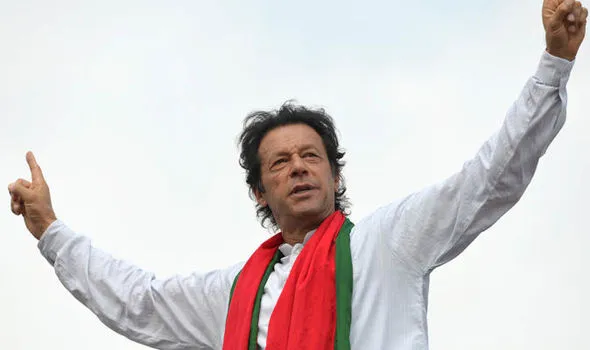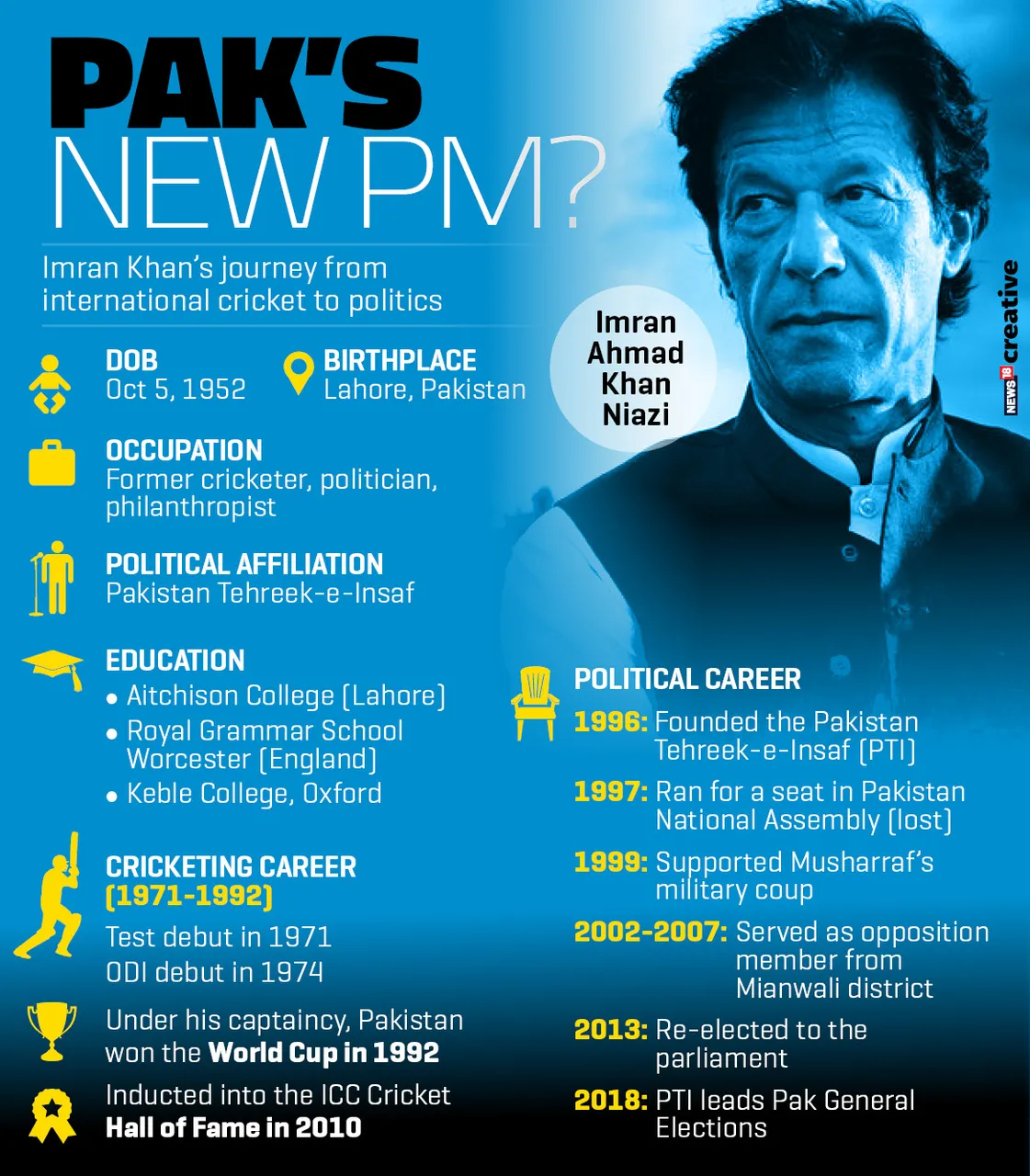From cricketing legend to prime minister of Pakistan, the rise of Imran Khan
Former international captain has vowed to lift country out of poverty, combat corruption and protect rights of minorities and women. None of this is easy to do

Imran Khan's PTI is leading on 119 seats, while former Prime Minister Nawaz Sharif's PML-N is trailing on 61. Only 49% votes have been counted so far, Dawn has reported.

rime minister, Khan, 65, would be tested on several fronts
ISLAMABAD (Reuters) - For Pakistani cricket legend-turned-politician Imran Khan, his party’s first place in a national election, putting him on the brink of becoming the country’s next prime minister, is the culmination of a battle that started more than two decades ago.
For years, he was dismissed as a political dilettante who could not convert his personal popularity into significant seats in parliament for the Pakistan Tehreek-i-Insaf (PTI), or Pakistan Movement for Justice, he founded.
But Wednesday’s election has dramatically changed that, putting the former sports star on the brink of power. With nearly half the votes counted, PTI held a commanding lead and Khan declared victory in a speech on Thursday.
Khan could join George Weah, one of Africa’s greatest footballers who took over as president of Liberia earlier this year, as the only other international sports personality to head his country’s government.
As prime minister, Khan, 65, would be tested on several fronts, from dealing with an urgent foreign currency shortage to managing a tense relationship with the United States.
“I don’t discount the role that experience in sports leadership can translate into other domains,” said Sameer Lalwani, co-director of the South Asia program at the Stimson Center think tank.
“(But) he has never had to govern... I worry that what we’ve seen about his public profile and the way he portrays himself, that he is much more likely to surround himself with sycophants.”
Khan will also have to battle allegations that he has been helped by Pakistan’s powerful military both during the campaign and in the vote count - rival parties have said soldiers at voting centers threw out their observers when counting began.
Khan promised to investigate voting complaints, but has said those who accuse him of military help are trying to preserve a corrupt system. The army, which has ruled the country for almost half its history, denies interfering in politics.
An Oxford graduate, Khan campaigned hard on populist promises of a prosperous Pakistan that breaks away from its persistent legacy of corruption.
